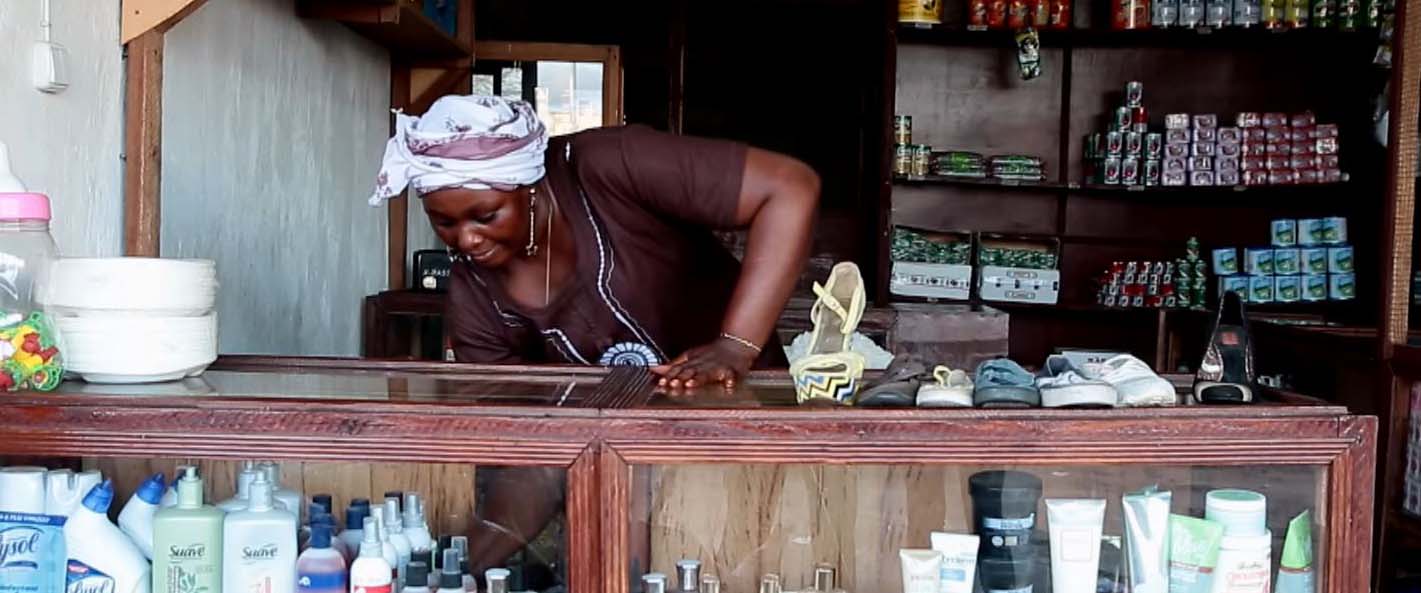Overview
Access to credit for individuals and for businesses is severely constrained in much of the developing world. Weak legal and institutional frameworks for lending and debt resolution – combined with the lack of predictability for lenders, the inability to leverage productive assets, and the absence of credit information – creates a lending environment that is unfavorable to Micro, Small and Medium Enterprises (MSMEs) and individuals. “Credit infrastructure” refers to the set of laws and institutions that enables efficient and effective access to finance through modern insolvency frameworks, secured lending on movable property, which enhances financial stability through diversification of financial products and services and improves risk management, assessment and mitigation through information asymmetry and supports socially responsible economic growth. Expertise on credit information sharing, secured transactions and asset-based lending – as well as creditor/debtor rights and insolvency and debt resolution processes – are the main elements of the World Bank Group’s Credit Infrastructure services.
What We Do
We provide timely, high-quality advice and strategic direction on issues involving credit infrastructure – through such World Bank Group products as IBRD & IDA lending operations, Reimbursable Advisory Services and IFC’s Advisory Services – to ensure high-impact delivery to clients. The World Bank Group offers structured, comprehensive and multifaceted credit-infrastructure interventions using the following global business delivery model:
- Reforming credit infrastructure legal and regulatory frameworks,
- Creating and/or strengthening credit infrastructure institutions,
- Raising awareness and building capacity,
- Monitoring and evaluating the economic impact,
- Contributing to the World Bank Group’s engagement on and development of fintech for financing of SMEs,
- Setting international standards and promoting global knowledge and expertise exchange.
In addition, the World Bank Group is also the global standard-setter, designated by the Financial Stability Board, in the area of insolvency and creditor/debtor rights. It has developed the World Bank Principles for Effective Insolvency and Creditor/Debtor Regimes which, together with the UNCITRAL Legislative Guide, form the global standard for Insolvency. The Report on the Observance of Standards and Codes (ROSC) program provides a forum for countries to seek assistance from the World Bank Group on benchmarking against those international standards. The team also coordinates the work of the International Committee on Credit Reporting (ICCR), the only recognized international standard setter in credit reporting. The Committee supports a forward looking and broad approach to general and specific issues related to credit information, including the use of data and data analytics to build solid credit infrastructure platforms, while promoting policy to address challenges on matters of public interest.
Who We Work With
Credit Infrastructure clients typically include public and private constituents such as central banks; Ministries of Finance, Economy, Justice and Trade; commercial banks; chambers of commerce; courts; business associations; credit reporting service providers; Fintech companies and independent alternative dispute resolution centers.

